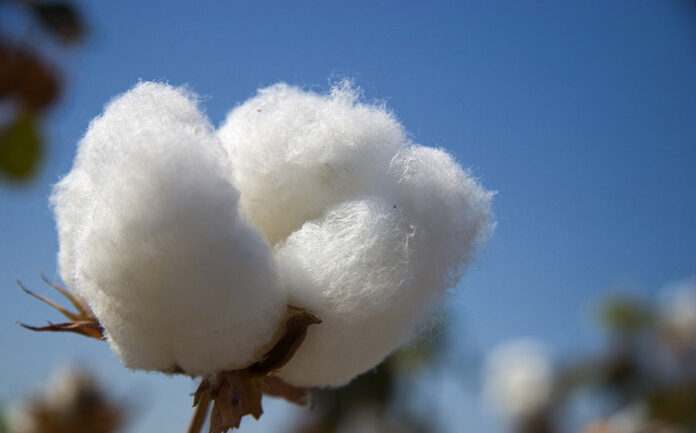The cotton industry is nearing a crisis as duty-free imports and ineffective policies jeopardize Pakistan’s agricultural backbone and textile sector. Farmers, ginners, and the entire textile value chain face mounting challenges due to unchecked imports and neglect by policymakers.
Ihsanul Haq, Chairman of the Cotton Ginners Forum, likened the cotton sector’s plight to the wheat crisis earlier this year. He noted that the government’s failure to buy wheat from farmers at the official rate of Rs3,900 per 40 kg plunged the agricultural and milling sectors into financial difficulties. With wheat now selling at Rs2,800 per 40 kg, farmers and millers face losses due to high input costs and interest rates.
Haq warned of a repeat scenario in the cotton sector, citing an 18% sales tax on domestic cotton and yarn purchases, paired with duty-free imports, which has fueled record-breaking cotton imports.
According to the Federal Bureau of Statistics, Pakistan imported 800,000 bales of cotton and 450,000 bales of yarn by October 31. By November 30, these figures rose to 1.1 million and 600,000 bales, respectively.
Textile mill owners have signed contracts for 3.5 million bales of cotton imports, with projections suggesting imports could reach 5 million bales of cotton and 1 million bales of yarn in the 2024-25 cotton year—a historic high.
The influx of imports has frozen domestic cotton sales, leaving large quantities of unsold cotton stockpiled in warehouses and ginning factories. Prices have dropped sharply, with cotton falling over Rs1,000 per maund to Rs17,500. Farmers and industry stakeholders fear further declines, reminiscent of the recent wheat market collapse.
Haq stressed that declining demand for local cotton threatens Pakistan’s agricultural and industrial economy. He urged the government to impose sales tax on imported cotton and yarn while removing duties on domestic production. These measures, he argued, could save billions in foreign exchange, revive the struggling cotton industry, and support the agricultural sector.




